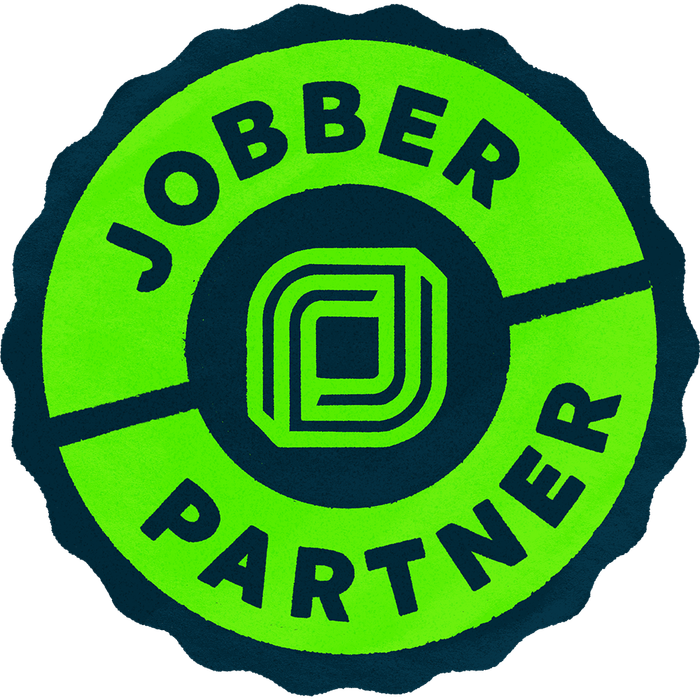Published March 22nd, 2025
Why Big Brands Dominate (And How You Can Compete)
Big brands seem to have an unfair advantage online. They have massive marketing budgets, high domain authority, and dedicated SEO teams that push their websites to the top of search results. But here’s the truth: small businesses can outperform big brands in local search results if they use the right strategies. Google prioritizes relevance and user experience, meaning a well-optimized local business website can rank higher than a national competitor if it’s more valuable to local searchers.
Understanding why big brands dominate will help you counter their strategies and gain a competitive edge.
What Gives Big Brands the Edge?
- Strong domain authority due to years of backlinks and content marketing.
- Larger teams and bigger budgets dedicated to SEO and advertising.
- Aggressive ad spend that keeps them visible even in organic search results.
How Local Businesses Can Fight Back
- Focus on hyper-local SEO and optimize for keywords like “best [service] in [city].”
- Improve your Google Business Profile with fresh updates, posts, and reviews.
- Use smart web design to create a fast, mobile-friendly, and conversion-driven site.
The Role of Smart Web Design in Beating Big Brands
Your website is the foundation of your local SEO strategy. Even if you rank on Google, a slow, outdated, or confusing website will drive customers away. Big brands often rely on generic, one-size-fits-all web design, which means local businesses have the chance to build a more engaging, locally optimized site that converts visitors into customers.
By investing in smart web design, you can improve your site’s rankings, increase engagement, and ultimately drive more sales.
Key Website Strategies for Local SEO Success:
- Mobile-First Design – Most local searches happen on mobile, so your site must load flawlessly on smartphones and tablets to rank well.
- Fast Loading Speed – Google prioritizes fast websites, so optimizing images, reducing code bloat, and using lightweight design elements will improve rankings.
- Clear Navigation & Calls to Action – If users can’t easily find what they need, they’ll leave. Simple menus, clear buttons, and easy-to-read content boost engagement.
🔗 Need a website built for local SEO? Check out our Professional Websites page!
Local SEO Strategies to Outrank Big Brands
Local SEO isn’t just about adding your city’s name to your homepage. Google ranks businesses based on relevance, trust, and authority, so you need a multi-layered strategy to consistently appear at the top of local search results.
Here’s how to outperform big brands in local SEO:
Local SEO Tactics That Work:
- Optimize Your Google Business Profile – Make sure your GBP is fully completed, updated regularly, and packed with local keywords. Learn more about GBP management.
- Target Long-Tail Local Keywords – Use phrases like “affordable [service] in [city]” or “best-rated [business type] near me” to capture highly targeted traffic.
- Get Local Backlinks – Partner with local news sites, directories, and other businesses in your area to build local authority.
- Encourage Customer Reviews – Positive reviews directly impact rankings, and businesses with high star ratings get more clicks and calls. See how our Reputation Management service can help.
The Power of Content Marketing for Local Businesses
One of the most underrated ways to outrank big brands is through content marketing. Many large corporations focus on generalized, nationwide content, leaving an opportunity for small businesses to create locally relevant, highly targeted content that dominates search rankings.
By publishing helpful, locally focused content, you can position your business as the go-to expert in your industry while improving SEO.
What Type of Content Should You Create?
- Local Guides & Resources – Example: “Top 10 Home Repair Tips for [Your City].”
- How-To Articles – Teach customers how to solve common problems related to your industry.
- Customer Success Stories – Showcase real testimonials, before-and-after results, and case studies of satisfied clients.


